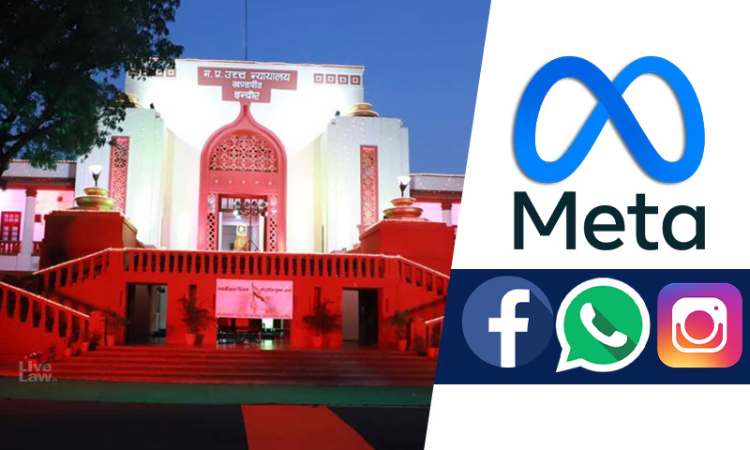Can't Become Super-Censor, No Compulsion To Proactively Monitor 'Unlawful Content' On FB, Insta: Meta Tells MP High Court
Sparsh Upadhyay
8 Feb 2022 3:02 PM IST

Next Story
8 Feb 2022 3:02 PM IST
Meta has deposed before the Madhya Pradesh High Court (Indore Bench) that it can't be compelled to proactively monitor its platforms (Facebook, Instagram & WhatsApp) for unlawful content and that it can't become a super-censor for billions of users and billions of pieces of content posted on its platforms every day.Essentially, Meta has filed an affidavit in a Public Interest Litigation...
